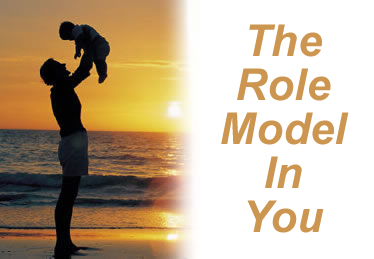
Today’s Guest – Deane Waldman
1. Your name, title, and age? What do you do (or did you do) for a living?
Deane Waldman, MD MBA, Emeritus Professor of Pediatrics, Pathology and Decision Science; age: 69 years young.
2. Who was the person that inspired you as a child to eat healthy and stay fit? What was their relationship to you?
Wasn’t role model for eating healthy. It was for being a good doctor
3. What did they do to inspire you?
The following is from my book “Uproot US Healthcare.” This man was a profound, positive influence on every doctor with whom he came in contact, me very much included. In today’s litigious medical malpractice environment, what he did would be professional suicide. Yet his behavior is the perfect role model for ALL doctors, and one I continue.
“In 1975, I had an experience that radically changed my view of medicine, indeed changed my life. I wish everyone in health care could have been there.
In my sixth year of training after medical school, I was studying Pathology at a very prestigious medical center. I had been there just a month when I performed an autopsy on a child who had died after complex heart surgery.
I was the lowest academic position possible: Instructor. The man who operated was a world-renowned surgeon. I had to present the autopsy findings before approximately 75 physicians of various rank (all higher than mine).
Haltingly, I projected pictures of the heart with incisions, patches, tubes, etc., carefully avoiding the Cause of Death. After about ten excruciating minutes, the surgeon stood up and spoke.
“Dr. Waldman, I do not know why you are beating around the bush. This child had complex double outlet right ventricle of a type I had never seen before. I misunderstood the anatomy, sewed the patch so that it prevented blood flow into the lungs. As a result, he died.”
Then he sat down. One of the greatest surgeons of his time had just said, in public, that he killed a child! I was literally speechless. When I eventually sorted out this event, several things became apparent that I have never forgotten and need to share.
Firstly, the surgeon took responsibility for his acts. He made a decision (what angle to sew the patch), he made a mistake, and the child suffered.
Secondly, he certainly meant to help, not harm, the child. The problem was his, indeed all medicine’s, limited understanding of this complex heart problem. Our knowledge and understanding were incomplete.
Thirdly, he learned from that surgery, especially because he was willing to see what he had done and was willing to accept responsibility. He would never make that mistake again.
Fourth, because he accepted this openly, the rest of us learned two things: 1) the details of the anatomy in this child and what to do; and 2) the behavior that he modeled. Hide nothing, look at all outcomes, accept the consequences of our decisions so you learn from them to do better in the future.”
4. How did their lesson change your life?
Made me willing to say in open (against the strong objections from my wife who feared negative professional consequences): I made a mistake. This went wrong. I could have done better by __________ .
5. Do you convey their message to kids in your life presently?
I continue his role model in my behavior and teach the students the same, admitting there are powerful forces that oppose such openness.
6. What would be your main message to children today to lead healthy lifestyles?
As my answer to #5.
7. Do you have a web site you would like to promote….web address only?
